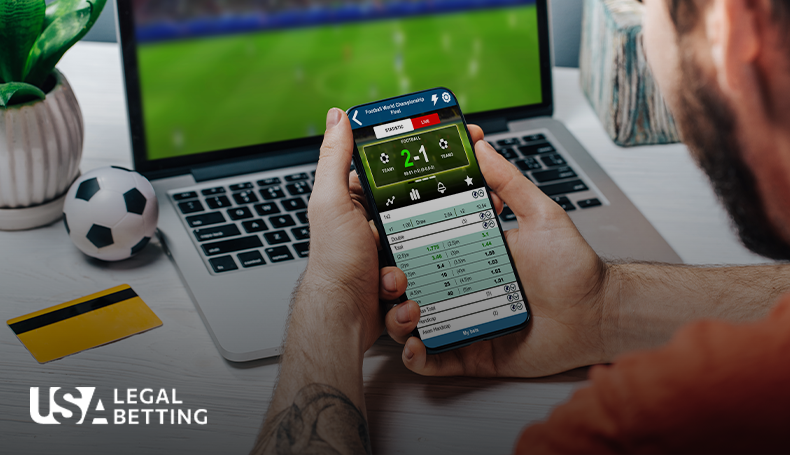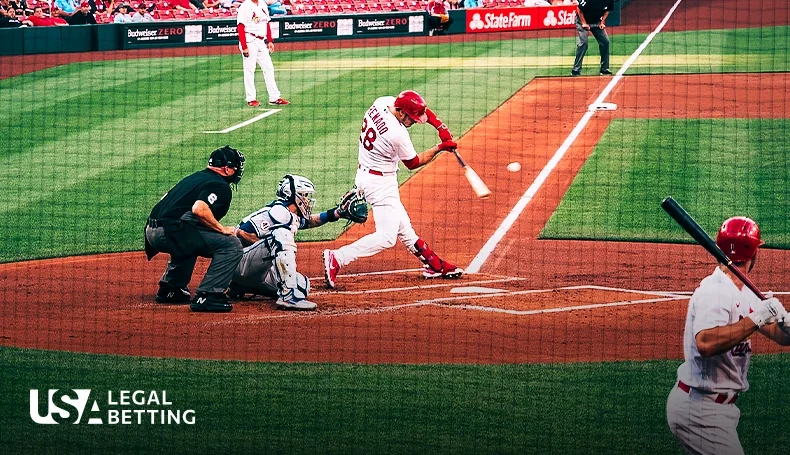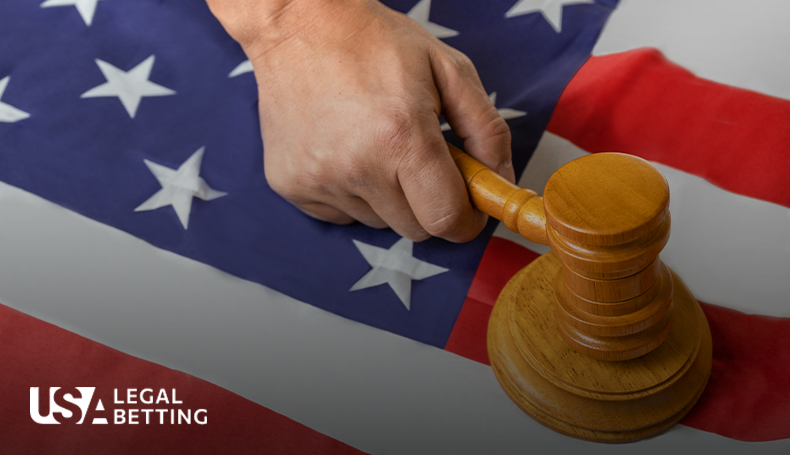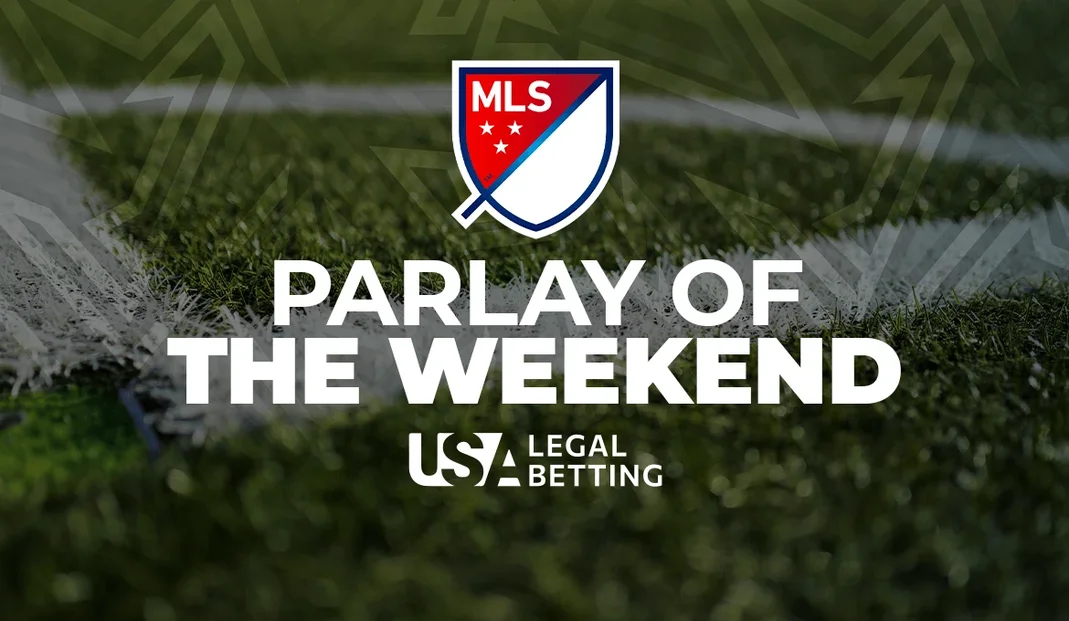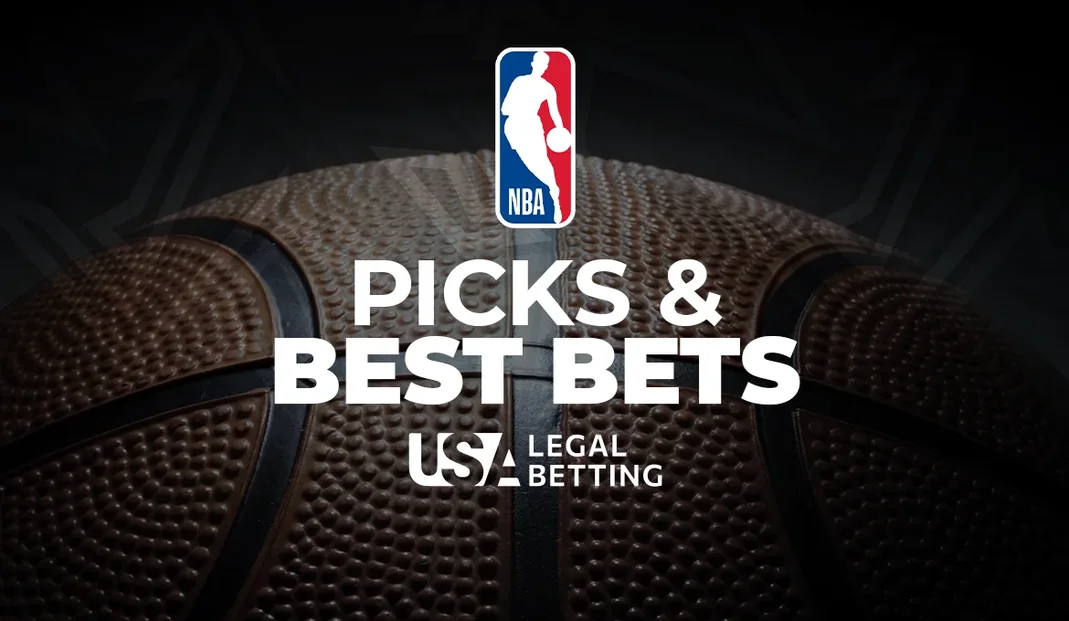Sports betting is no longer the crude periphery of sports entertainment that it once was. It is now responsible for hundreds of billions of dollars of economic stimulus and is legal in 38 states plus Washington D.C.
Individuals found to have wagered $200 or less will have to underdog sports betting rules and prevention courses. They were previously set up to miss 10% of their respective season.
Those who bet $201-500 will participate in the same course and miss 10% of their season, whereas they could previously miss 50%. Athletes that gamble $501-800 will miss out on 20% of their season and take the education and awareness class instead of potentially missing their entire season.
Anyone that bets $801 or more will lose 30% of their eligibility and must take the prescribed classes. Amounts that “greatly” exceed $800 could result in increased suspension lengths.
There have been many concerns and warnings that the unrelenting growth of legal sports betting would lead to problems for student-athletes and the NCAA. According to Jacksonville University athletics director and D-I Legislative Committee chairman, Alex Ricker-Gilbert, the new penalties are reflective of the changing times.
“These new guidelines modernize penalties for college athletes at a time when sports wagering has been legalized in dozens of states and is easily accessible nationwide with online betting platforms,” in the NCAA’s press release.
“While sports wagering by college athletes is still a concern — particularly as we remain committed to preserving the integrity of competition in college sports — consideration of mitigating factors is appropriate as staff prescribe penalties for young people who have made mistakes in this space.”



